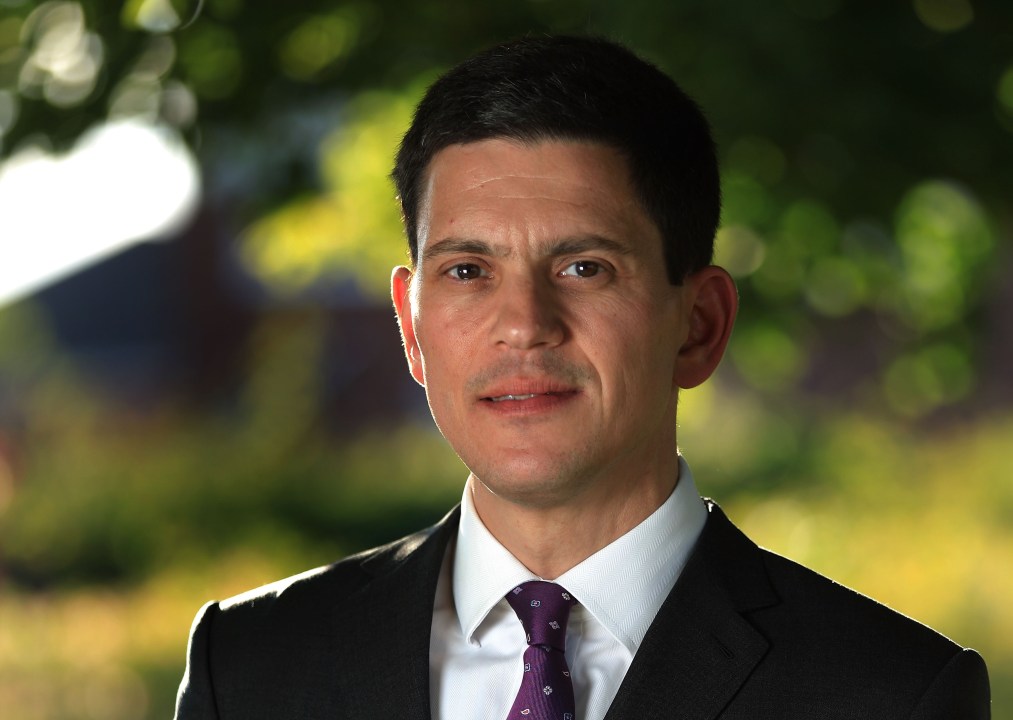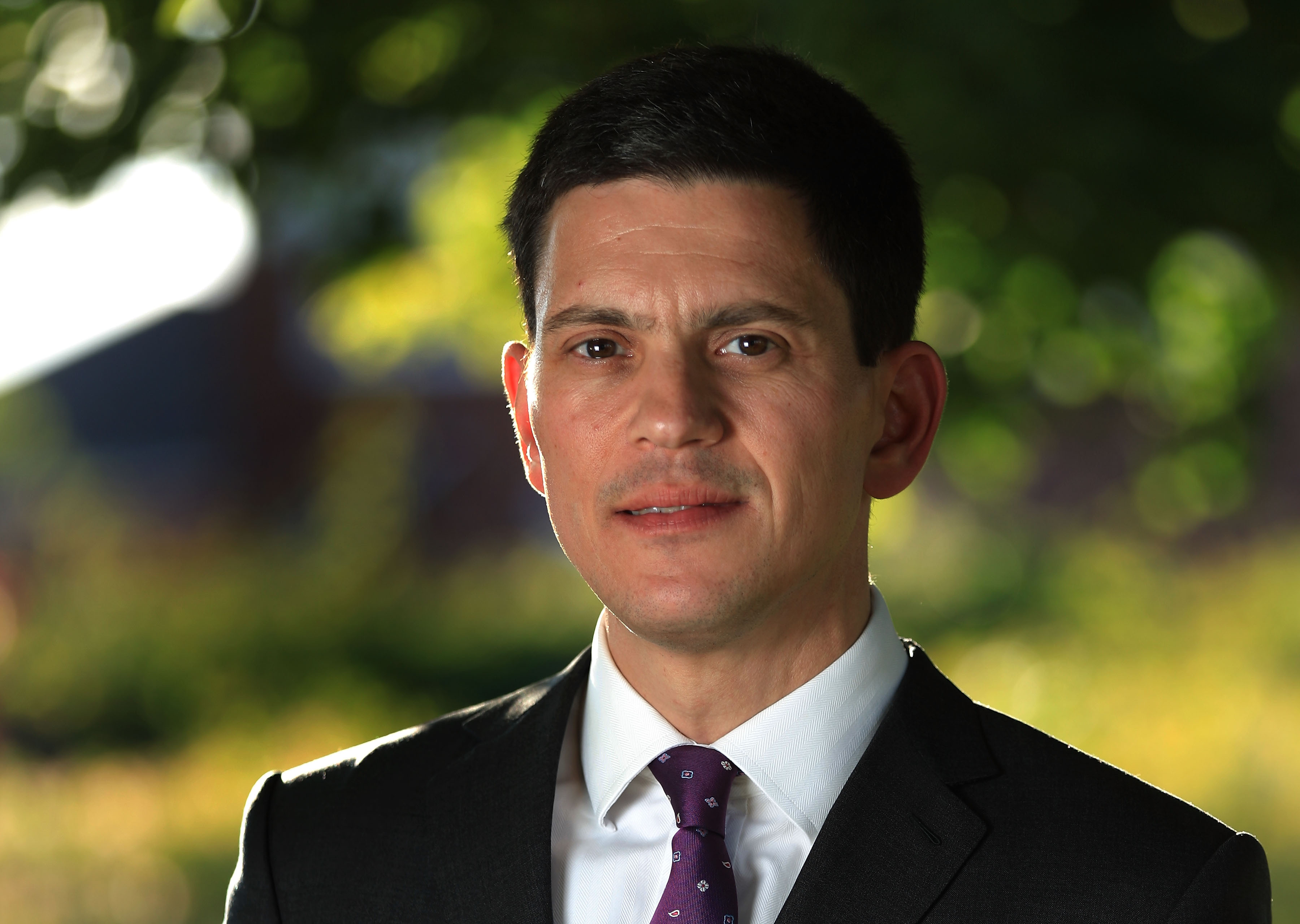 Paul Waugh has already noted David Miliband and Tessa Jowell’s proposal to turn the BBC into a co-op. But the
language they use to outline the idea is striking in itself. Here’s an excerpt:
Paul Waugh has already noted David Miliband and Tessa Jowell’s proposal to turn the BBC into a co-op. But the
language they use to outline the idea is striking in itself. Here’s an excerpt:
Read it from a distance, and Miliband’s “moment for mutualism” looks an awful lot like the coalition’s Big Society. The main rhetorical difference is an emphasis on communities rather than individuals, on membership rather than freedom, but the broad contours are very similar. I mean, even the Tories have been talking about co-operatives in the health service.“In confronting the big challenges ahead of us, whether it’s rebuilding our economy, tackling climate change or protecting frontline public services – the need for collective action is greater than ever. This is a moment for mutualism, which offers us the opportunity to take collective action in step with individual aspiration, drawing on the values and practices of the cooperative movement and today’s Coop party. Underpinned by principles of trust, reciprocity and common ownership – co-operative and mutual organisations exist solely to provide a service for their members, placing long-term social returns ahead of short-term private gain. As democratic organisations they are accountable to all those with a stake in their success – giving users, employees and the wider community a real say in how they are run. At their best, they combine the virtues of the private and public sector – efficiency and values, delivering power into the hands of the many and not the few.”
This isn’t the first time that Labour has played this record. James Purnell and Jon Cruddas developed this kind of thinking in 2009. And Jowell was preaching about a “moment for mutualism” just before the election waltzed in. But this is it’s most prominent appearance since then – and it lends the elder Miliband’s leadership campaign a little more solidity.







Comments